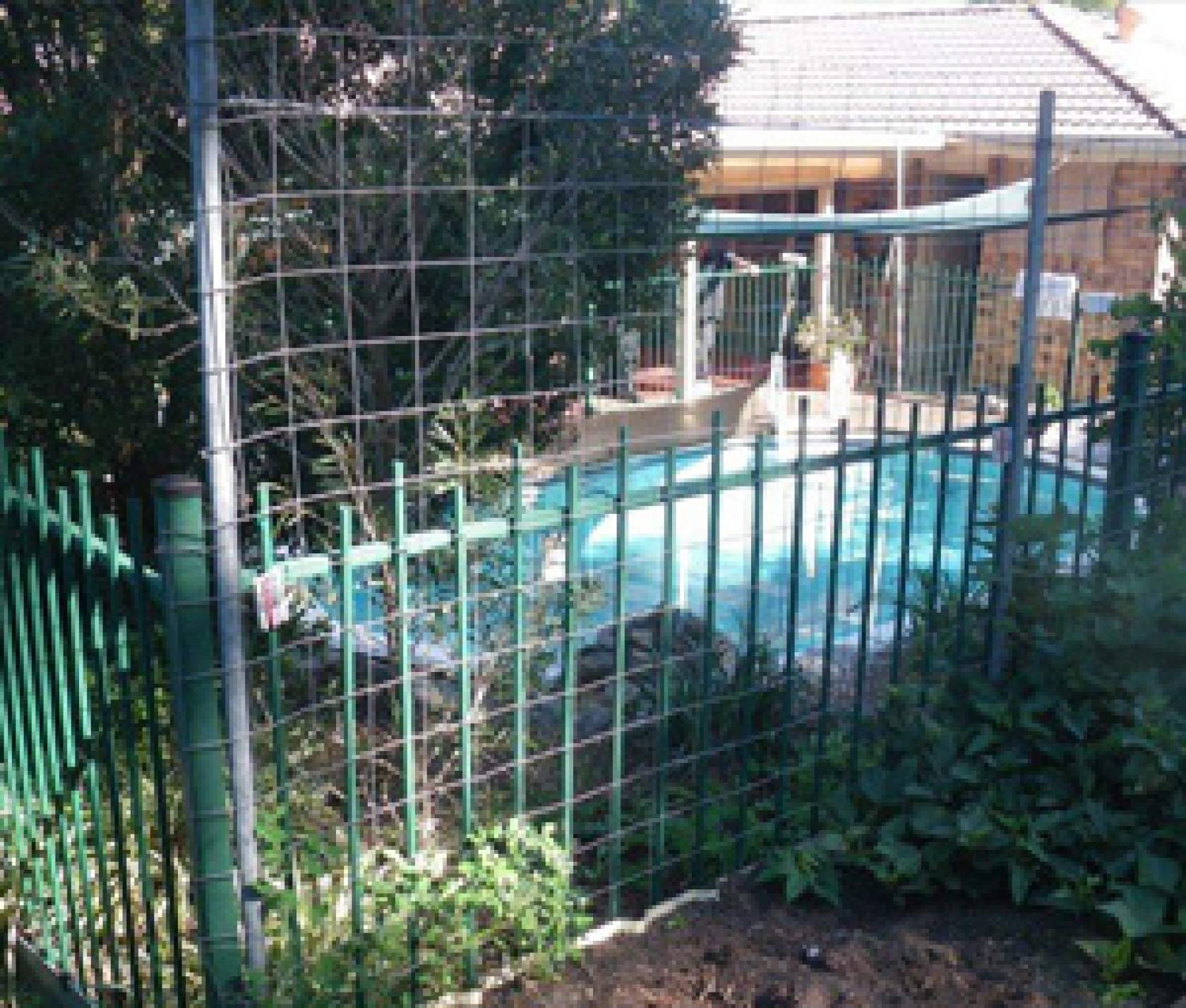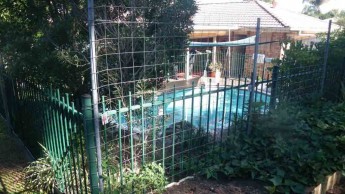Home buyers given 90 days to fix non-compliant pools

 NSW Minister for Local Government Paul Toole has announced that the regulations applying to the sale of properties with swimming pools will take effect on the planned date of 29 April 2016.
NSW Minister for Local Government Paul Toole has announced that the regulations applying to the sale of properties with swimming pools will take effect on the planned date of 29 April 2016.
However, the responsibility for making non-compliant pools compliant will shift in some cases from the vendor to the purchaser when a home with a swimming pool is being sold. In those instances the purchaser will have 90 days to rectify non-compliant swimming pool barriers.
Under the earlier proposed regulation it would have been the vendor’s responsibility to get a Compliance Certificate and attach it to the contract of sale. Now, from 29 April 2016, vendors will have the option to attach to the contract of sale either a Certificate of Compliance or a Certificate of Non-Compliance outlining what needs to be fixed.
While the changes shift the responsibility from the vendor to the purchaser in some instances, it will help to minimise the rectification log-jam that had been widely anticipated once the legislation comes into effect.
Currently, with up to 95 per cent of swimming pools barriers failing a first inspection, many homebuyers may be unknowingly purchasing homes with non-compliant swimming pool barriers.
The NSW Office of Local Government (OLG) says the government had previously acknowledged the low numbers of qualified certifiers and has worked to increase both the number and the quality of pool certifiers by introducing the E1 Swimming Pool Certifiers course. There are now 208 private certifiers across NSW, including 14 from border states, ready to undertake swimming pool certification inspections in addition to council certifiers.
To further attract certifiers, the Building Professionals Board (BPB) has reduced the licensing fee for E1 Swimming Pool Certifiers from $1500 to $750 and has accredited three training providers offering the E1 Swimming Pool Certifiers course with more providers to come.
The OLG says the number of compliance certificates issued has been increasing and it is anticipated that there will be a continued increase in the number of certificates of compliance issued as the introduction of the sale and lease provisions commences.
“While there is no substitute for vigilant adult supervision of children, this change will ensure that new pool owners understand what they need to do to make their pools safe,” says Minister Toole.
Over the past ten years, 1000 children in NSW have required hospital admission as a result of an immersion in a backyard swimming pool. Tragically, 60 children have drowned with an additional 70 children suffering permanent neurological damage.
“These statistics highlight the devastating impact on families and the need for property owners to ensure their swimming pool barriers are compliant at all times,” he says. “This will ensure that homebuyers are fully informed before entering into a contract of what they need to do to make their pool barriers safe.”
Fully-informed homebuyers will be empowered to negotiate a purchase price that takes the cost of compliance into account. Councils can issue fines to owners if pool barriers are found to be non-compliant.
The NSW Government has previously announced that, from 29 April 2016, every new tenancy application to the Residential Tenancy Tribunal must have a compliance certificate if the property has a swimming pool. This has remained unchanged and will come into effect on the planned date.
The pool compliance certificate regime has been delayed twice with the first date set at April 29, 2014, then April 29, 2015 and now it will be going ahead on April 29, 2016.
The NSW Government says it is currently considering the recommendations in the Review of the Swimming Pool Barrier Requirements for Backyard Swimming Pools in NSW (the Lambert Review) and will issue a response later this year.
Support from industry
Robert Guthrie, president of SPASA NSW & ACT, says his organisation is pleased that government has recognised the need to provide some relief for vendors while arming purchasers with the relevant information before entering into a contract.
“We appreciate the clarification by the minister and await the release of the Review of the Swimming Pool Barrier Requirements for Backyard Swimming Pools in NSW’ (Lambert Report) and its further recommendations,” he says.
SPASA considers the transfer of compliance amendment necessary as it addressed supply and demand issues for vendors, purchasers and tradespeople who are tasked with undertaking repairs within rigid timelines. CEO Spiros Dassakis says that while this is a good first-step there is still allot of work needed to be done with the pool inspection framework.
Tim McKibbin, CEO of the Real Estate Institute of NSW says that the government’s move is a good compromise.
“I think that what concerned the government is that there’s a shortage of resources, as the E1 certifiers are in short supply, and they’ve recognised that and in the interest of not holding up the transfer of the property they have said that the vendor has to get a certificate, but if the pool is non-compliant the Non-Compliance Certificate goes on the contact of sale.”
McKibbin says it’s important that now purchaser will be put on notice that there is a danger and an issue that has to be dealt with within 90 days.
“The purchaser will then be able to make a determination as to the cost of the remedial activities to undertake within the 90 days and within the negotiation for the acquisition of the property, and they’ll no doubt factor in the cost.
“Or they may say, it’s a danger to my family and I’m no longer interested in pursuing the acquisition of the property on those grounds. But the important point is they are on notice of the issue,” he says.
“I think it is a good balance to not interrupt the purchase or sale of the property while putting people on notice that there is an issue so they can take whatever precautions they need to take in relation to the protection of their family.
“In a perfect world, we’d want to see all pools compliant before exchange because what we said from day one is that this is a good initiative, and that any initiatives that address injury – and in this case also sadly death – will have our support.
“But having said that the program has to work and we were concerned, and still are concerned, that there aren’t enough certifiers.”
Conveyancing (Sale of Land) Amendment (Swimming Pools) Regulation 2016
Residential Tenancies Amendment (Swimming Pools) Regulation 2016




